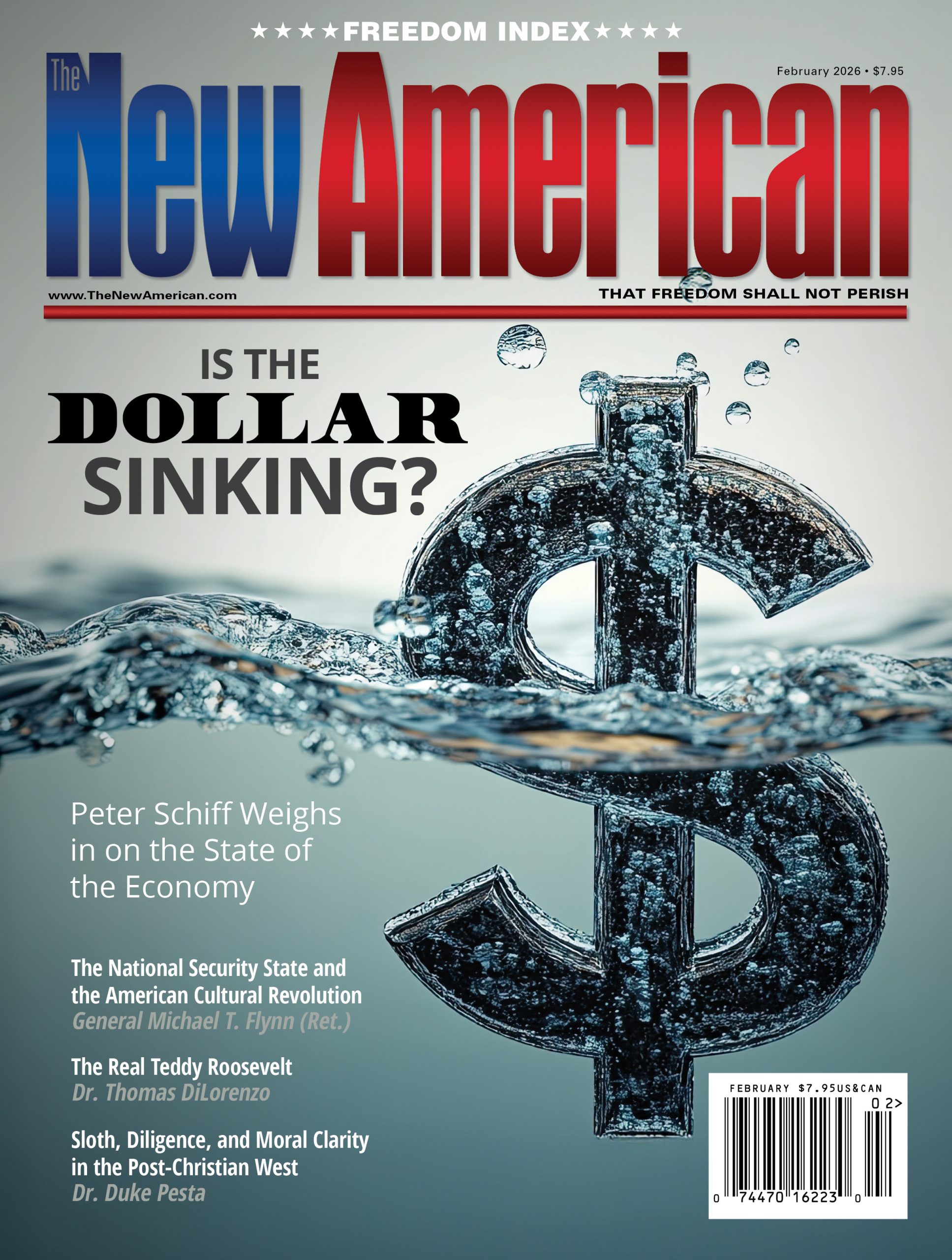Reprinted with permission from American Opinion, October 1963
ITEM: From an article by Richard P. Lister in The Spokesman-Review (Spokane, Washington), May 19, 1963:
In the China we saw there were no signs of despair. There were poverty and hard living, but the people seemed to have enough to eat and enough to wear. Above all they had hope. Things were getting better, and they could see that happening.
CORRECTION: Mr. Lister is one of those “impartial” tourists who spend three weeks in a Communist country and come out with growing accounts which completely contradict the testimony of countless refugees who risked their lives to escape the very Socialist paradise he visited. All improvements in any Communist state must be regarded in the same light as improvements within a penitentiary. Some prisons are more comfortable than others. Some even offer more freedom of choice, such as having a radio in one’s cell, or a pass to the prison library, or permission to use the prison work-shop. But the essential reality never changes: A prison is a prison, and no amount of improved interior decoration will alter that. The so-called liberalization within the Soviet Union is on the same order. The prison is becoming a little more comfortable and the prison guards are a little less sadistic; but just try getting out. While Mr. Rusk was joyfully playing badminton with Khrushchev, men and women were still being killed trying to get over the Berlin Wall.
Formosa, too, is part of China, and the Chinese regard it as suffering under American occupation, with scarcely a word of Chiang Kai-shek. In due course, somehow, the Americans will leave, and Formosa will be reunited with the mainland, they believe. It is so certain that they do not even seem to be in any hurry to bring it about.
CORRECTION: The main function of the American “occupation” of Formosa and the presence of the Seventh Fleet in the Formosan straits has been to restrain and deter Chiang Kai-shek from liberating the mainland. Since it was the State Department — under Dean Acheson and Dean Rusk — which turned China over to the Reds in the first place, it is the same StateDepartment which must continue to keep Asia safe for Mao Tse-tung. Behind our Asian foreign policy arethe same individuals who have been shuttling back andforth between the Institute For Pacific Relations and the Council On Foreign Relations for the past three decades. In 1950 they arranged for the Korean War to break out, despite the fact that they knew that thousands of American lives would be lost and Red China would emerge the victor. At the present time they are working for the Communization of South Vietnam. The final targets, of course, will be Formosa and Japan.


